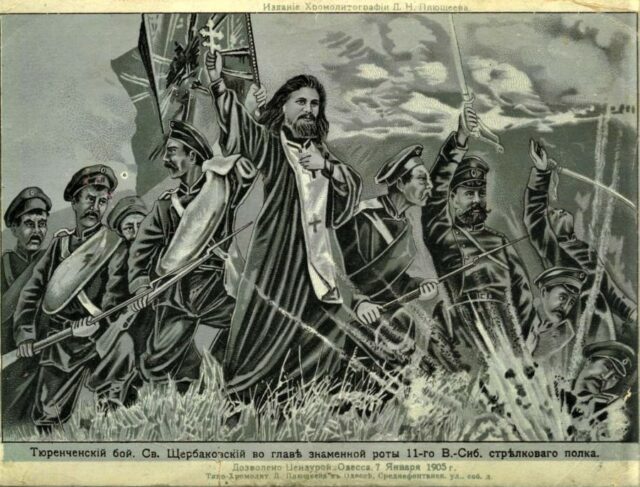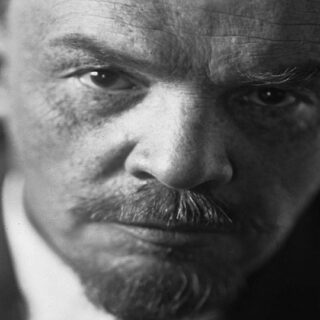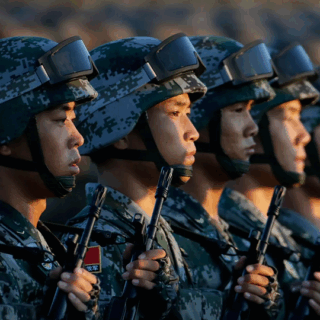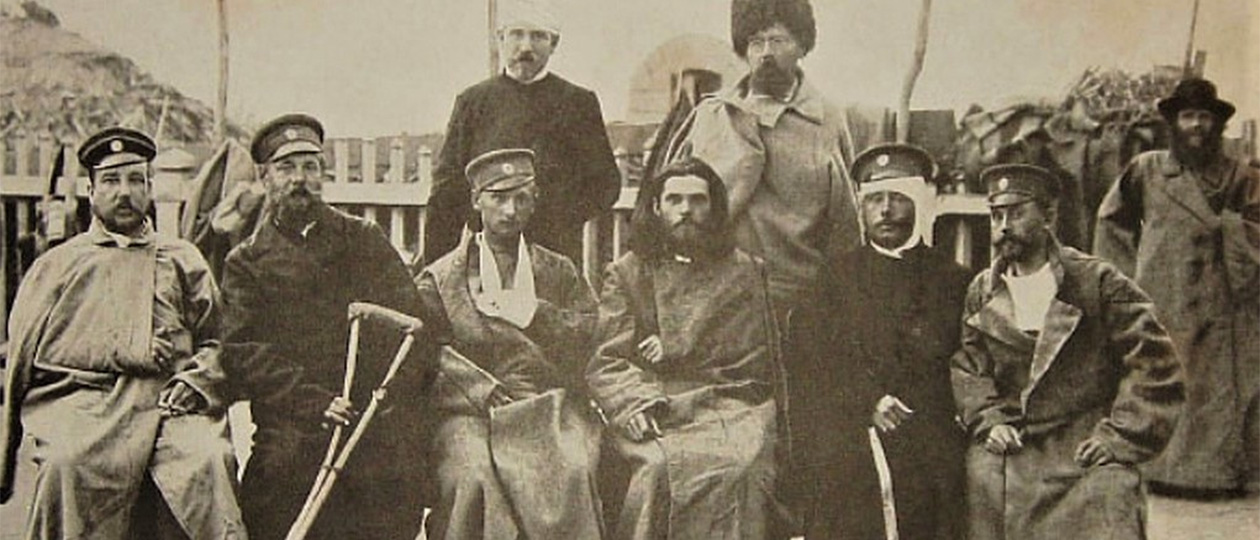
120 years ago, Russia and Japan waged an armed struggle for the redistribution of spheres of influence in the Far East.
The Russian Manchurian army included about 500 clergymen who enjoyed well-deserved authority in the army. Many of them took part in battles, demonstrating courage and heroism while performing their pastoral duty.
My grandmother Lida, as well as her six sisters and brothers, were baptized by priest Alexander Poslavsky of the 12th Velikolutsky Infantry Regiment (my great-grandfather Afanasy Reshetnikov served in that regiment and got killed in Manchuria in early 1905).
For exemplary performance of his pastoral duty, Father Alexander was awarded a gold pectoral cross on St. George ribbon, plus an Order of St. Anne, 2nd degree, with swords.
In December 1904, General Kuropatkin, who commanded the Manchurian Army, sent a cable to Russia’s Emperor Nicholas II: “I am very pleased with the performance of military priests. In battle, in hospitals, in bivouacs – everywhere and always they are with the troops. Always and everywhere they selflessly and modestly carry out their pastoral duties.”
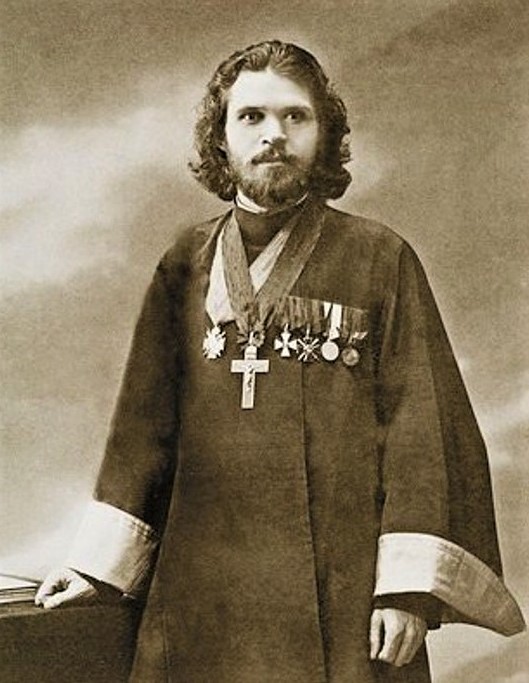
The most famous hero of the Russo-Japanese War in a cassock was Stefan Shcherbakovsky, a priest of the 11th East Siberian Rifle Regiment. He turned out to be only the fifth priest in Russia’s Armed Forces who got the St. George Cross award.
Early in the morning of April 18, 1904, Japanese artillery started shelling on the Russian detachment of Lieutenant General Mikhail Ivanovich Zasulich. Half an hour later, the Japanese troops advanced.
A fierce battle lasted for 7 hours without a break and ultimately came down to a combat between the 11th and 12th East Siberian regiments, totaling 5.500 troops, and three divisions of Baron Kuroki’s army (36.000 troops armed with 128 cannons).
The Siberians were completely surrounded and for two hours fought, resisting Japanese attacks. Finally, the commander of the regiment, in which Stefan Shcherbakovsky served, gave an order to break through enemy lines.
Russian soldiers undertook several attacks using their bayonets. But neither the sounds of the regimental march, nor “God Save the Tsar”, played by the regimental orchestra, helped. The Japanese avoided close combat, showering the Siberians with hails of gun fire.
The regimental commander got a mortal wound. After that Stefan Shcherbakovsky stepped in. He knelt down in front of the wavering soldiers, crossed himself three times, and exclaimed: “Christ is risen!” Then he stood up and addressed his fellow soldiers: “Onward, for the holy cause, for the Fatherland! We will win!”
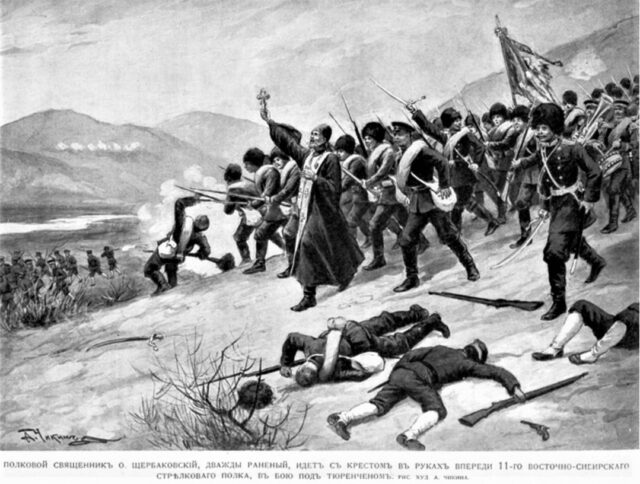
Clutching a cross in his right hand, Father Stefan rushed forward, toward enemy lines. The Siberian riflemen thundered “Hurray!” and rushed after the pastor…
As Father Stefan later recalled, “I knew that the battle would be desperate, and decided to fulfill my pastoral duty to the very end, giving the soldiers an example of selflessness and love with my death if needed… At 4 o’clock in the morning I prayed to God, made a will and joined the banner company…
At 3 p. m. our regiment lined up and, to the sounds of the regimental march, moved to counterattack the advancing Japanese. I put on an epitrachelion, took the cross, blessed the soldiers and, singing “Christ is risen,” proceeded ahead of riflemen of the banner company.
The picture was amazing, grandiose. Without any hesitation, the glorious riflemen went to certain death, into hellfire, ignoring exploding shells. Before joining the battle everyone crossed himself. Then the music stopped. Some ran forward, some fell killed or wounded. I felt a strong blow to my arm and leg, fell backwards, and lost consciousness.”
In that battle, Father Stefan got two wounds. One bullet hit his right hand. He dropped the cross, but immediately picked it up with his left hand. Another bullet hit him in the chest… The unconscious priest was carried to the dressing station. And the Siberians broke through the encirclement with a powerful bayonet strike, joining the rest of Russian troops…
Father Shcherbakovsky’s heroic feat got appropriate recognition. General Kuropatkin visited the wounded priest in a hospital and presented him with an Order of St. George, 4th degree. Later on, before the end of the Russo-Japanese War, Stefan Shcherbakovsky was also awarded an Order of St. Anne, 2nd degree with swords, and a gold pectoral cross on St. George ribbon.
In 1914, with the outbreak of World War I, he again went to the front as a regimental priest and again earned high awards, i. e., an Order of St. Vladimir, 3rd degree with swords, and an Order of St. Anne, 1st degree with swords. Few combat generals got such honors!
